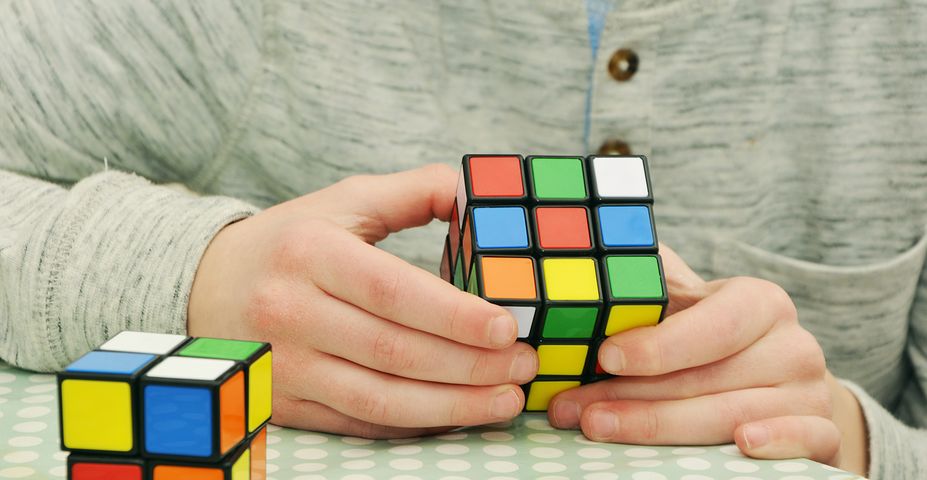If patience is a virtue, does that mean impatience is bad?
I heard someone talking the other day about how we need to be patient while things get back to normal. He was quoting the old adage that patience is a virtue, but that just seemed to just make his listener even more impatient and irritable.
So, is patience is a virtue? It’s certainly not very common in our busy lives, that’s for sure?
It got me thinking about the value of patience, and whether sometimes impatience is appropriate too. So I want to explore them a little bit from a mindfulness perspective.
The old sayings and adages often offer quite contradictory advice.
There’s ‘Patience is a virtue’.
But there’s also ‘He who hesitates is lost’
That’s saying that we shouldn’t dilly dally, that we need to take action and not overthink things, or else we’ll lose an opportunity. We’ve probably all had the experience where we spend too long thinking about something and miss the moment, whether that’s a business deal or just waiting too long to speak in a social situation and then the conversation moves on.
So how do we know when it’s the moment to act? How can we tell whether the urge is based on impatience or impulsiveness, or whether it’s knowing when the timing is right? So at the risk of sitting on the fence, I think there’s a time for each of these qualities, depending on the circumstances.
Let’s consider patience. Actually, in today’s busy world, patience isn’t very much valued. It smacks of being passive or slow or unambitious.
But there’s a quality in patience which fits well with mindfulness – it’s a capacity to be aware of and sit with something inconvenient or unsatisfactory or even painful. It’s the ability to be present with our thoughts and feelings (or another’s), and not try to avoid those thoughts and feelings by distracting ourselves or pushing them away.
What this sort of patience allows for us (or for someone else) is the time and emotional space to be with what we’re experiencing, even if it’s uncomfortable, and that can be a gift.
Patience requires us to be attentive and be aware of what’s happening in the present experience, rather than shy away from it, and that awareness gives us choice, so that we can respond and not just react.
So patience doesn’t need to be drawn out and slow – it can be just a pause, a few moments or a couple of breaths, to be present and aware of the situation and the feelings and possibilities of response that are within it.
The potential problem with impatience is that it’s not paying attention to what’s actually needed in the situation because it’s so busy focusing on the future. It can mean we don’t fully experience what is happening because we’re ahead of ourselves, as opposed to being present.
It’s all in the timing, and that moment of awareness lets you know when and how best to respond. It might need a quick response, but it could need perseverance while you’re waiting for your moment (like the guy in the orchestra who’s single cymbal clash only happens once, but he has to stay present and aware during the whole piece!)
Last week, Waleed Aly and Scott Stephens spoke about patience on RN’s The Minefield (one of my favourite podcasts), and they described it as ‘a refusal to fill an uncomfortable space with chatter or clutter’, without feeling an urgency for an outcome or for something new.
I really liked that idea of patience being an uncluttered space – I think it adds an element of grace and dignity to our understanding of what patience can offer.
So instead of rushing forward into the next phase, we could try a little patience while we’re waiting for the Covid lockdown to ease. We could make the time and space to reflect on what we’ve learned about ourselves. It might be worth the wait.

